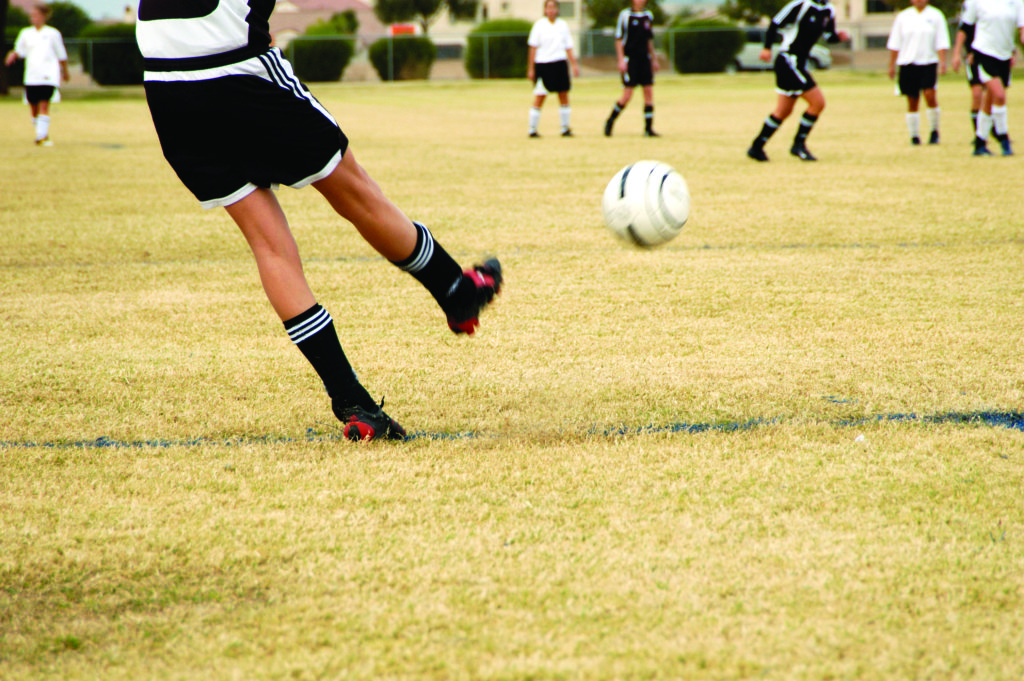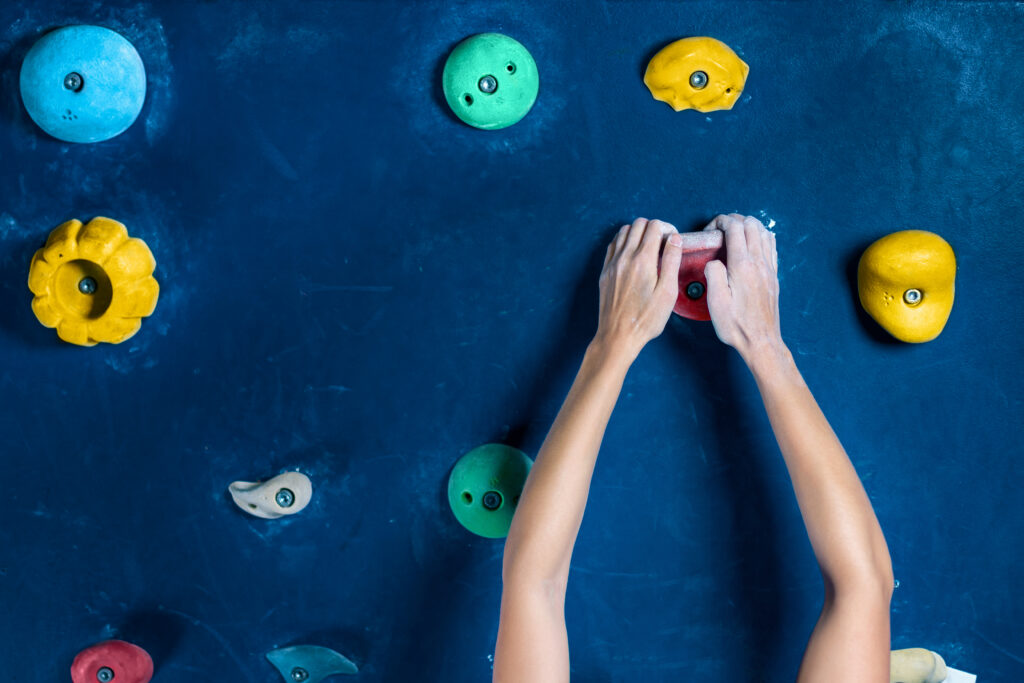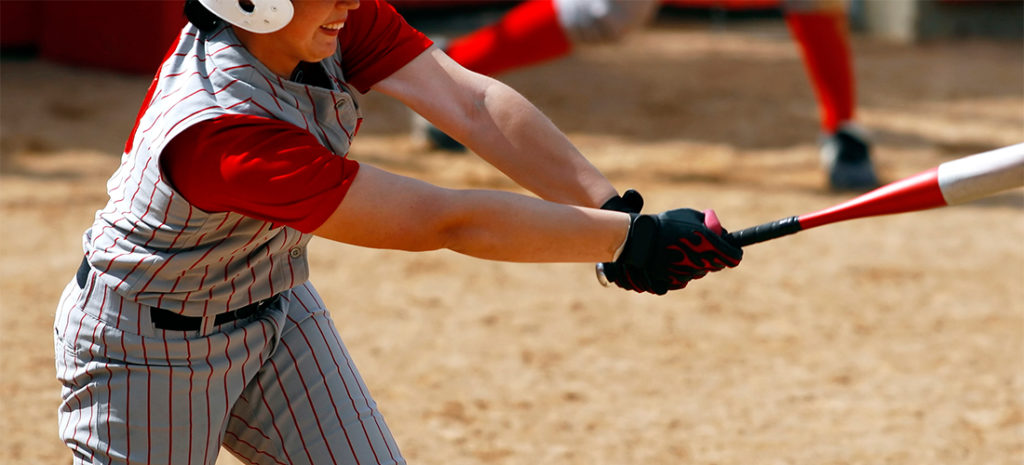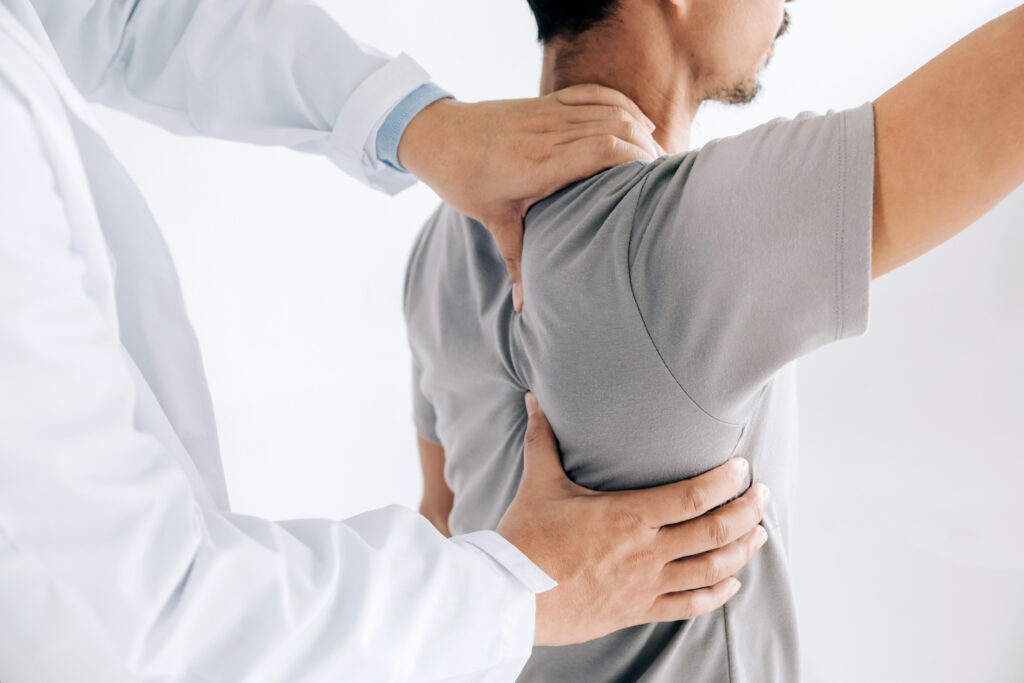THIS POST IS PART OF THE ULTIMATE GUIDE TO SPORTS MEDICINE
Dr. Chris Bales, OrthoIndy sports medicine surgeon, answers common questions about treating student athletes.
Q. How does treating a student-athlete differ from treating an adult?
A. Children are not small adults. Their bones and soft tissues are still growing and thus treatment has to take this into account. Fortunately, most athletic injuries do not require surgery and most can be treated with rest and rehabilitation.
The goals of a student athlete are often much different than for an adult. The athlete’s main goal is to get back to their sport as quickly as possible. There may be outside pressures on athletes to get back to their sport before they are ready. Communication between the physician, athlete, parent, coach and trainer is critical to prevent pressure to return early.
Q. How can you determine if an athlete is ready to return to his/her sport?
A. For specific injuries such as ankle sprains, AC joint sprains and MCL sprains, general timelines can be given to athletes in regards to how long it typically takes to return to competition. At the same time, every injury is not the same; therefore, determining exactly when an athlete can return is based on their physical exam and injury history. In general, athletes need to have a full and painless range of motion and return of strength equivalent to the uninjured extremity before they can return. Returning to a sport is a progression from basic sport-specific exercises, then regular practice drills and finally competition.
Q. What are a few of the most common injuries you see with student-athletes?
A. Common non-operative injuries include ankle sprains, AC joint sprains and MCL sprains of the knee. Common non-operative fractures seen in athletes include finger, clavicle and wrist fractures. Unfortunately athletes do suffer injuries that require surgery. Common surgical injuries of the knee include ACL tears and meniscus tears. In the shoulder, labral tears are the most common injury requiring surgical treatment.
Q. What are the positives about treating student-athletes?
A. Athletes are driven to get back to their sport as soon as possible. From a physicians standpoint athletes are the perfect type of patients. They are willing to put in the time to rehab their injury and follow advice closely. Seeing an athlete return to their sport, especially after surgery, is very rewarding.
Q. Are there certain steps a student-athlete should take to avoid injury or avoid prolonging an injury?
A. Injury prevention is a big topic in orthopedics. Maintaining good flexibility can help prevent injuries and proper warm-up before sports is very important. Overuse injuries are becoming more and more common as young athletes play sports year-round. With an ever increasing focus on obtaining college scholarships, athletes will often continue to play or practice their sport in the ‘off season’.
Many athletes also play multiple sports with no rest for their growing bodies. Periods of rest are very important for young athletes. In the field of orthopedics, efforts are being made to help athletes avoid injuries. Pitching camps have been instituted to prevent young pitchers from injuring their elbow and shoulder. ACL prevention programs have been created particularly for young soccer players. Improvements in equipment such as football helmets have also helped to prevent injuries such as concussions.
Q. Is there anything else you would like to add?
A. Physical activity is important for young people and there is no better way to get it than participating in sports. Many important lessons can be learned from sports including leadership, team work and sportsmanship. But we also need to remember sports are meant to be fun for kids, not stressful. They need encouragement not pressure to play. It is important for parents to help their kids find a balance between sports and their other interests or activities.
To schedule an appointment with Dr. Bales please call 317.268.3632. or learn more about sports medicine treatment at OrthoIndy.
Schedule an appointment
Your well-being is important to us. Click the button below or call us to schedule an appointment with one of our orthopedic specialists. If your injury or condition is recent, you can walk right into one of our OrthoIndy Urgent Care locations for immediate care. For rehabilitation and physical therapy, no referral is needed to see one of our physical therapists.





